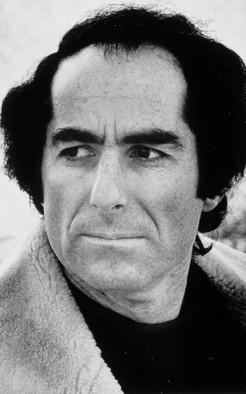Facts about Philip Roth
Philip Roth Biography
American writer Philip Roth spent more than five decades as the prolific and provocative writer of novels and short stories before his death at age 85 in 2018. His themes often involved Jewish-American identity, sex, shame and the role of the individual in contemporary society, and his novels were alternately bleak and hilarious.
Roth’s writing career took off with the publication of Goodbye, Columbus, a debut collection of short fiction; it earned him the National Book Award in 1959. The sexual frankness of his third novel, Portnoy’s Complaint (1969), caused a ruckus in literary circles and with the wider public at large. It also made Roth a literary celebrity, a role he reluctantly embraced and used as fodder for more novels.
Philip Roth’s alter ego, Nathan Zuckerman, appears in several of his books: 1974’s My Life as a Man, 1979’s The Ghost Writer and 1983’s The Anatomy Lesson. His character David Kepesh is the protagonist of The Breast (1972), The Professor of Desire (1977) and The Dying Animal (2001). Roth also used his own name as the main character in a series of mostly-autobiographical works, including The Facts (1988), Deception (1990) and Operation Shylock (1993).
Philip Roth’s many literary awards include the American Book Award, the National Book Critics Circle Award, the PEN/Faulkner Award and the Pulitzer Prize for fiction for the 1997 work American Pastoral.
Extra credit
Philip Roth’s 1970 comic novel Our Gang is a parody of the Richard Nixon administration… The Plot Against America (2004) is an alternate history in which Charles Lindbergh defeats Franklin D. Roosevelt for the U.S. presidency and turns America into an isolationist bastion of anti-semitism.

